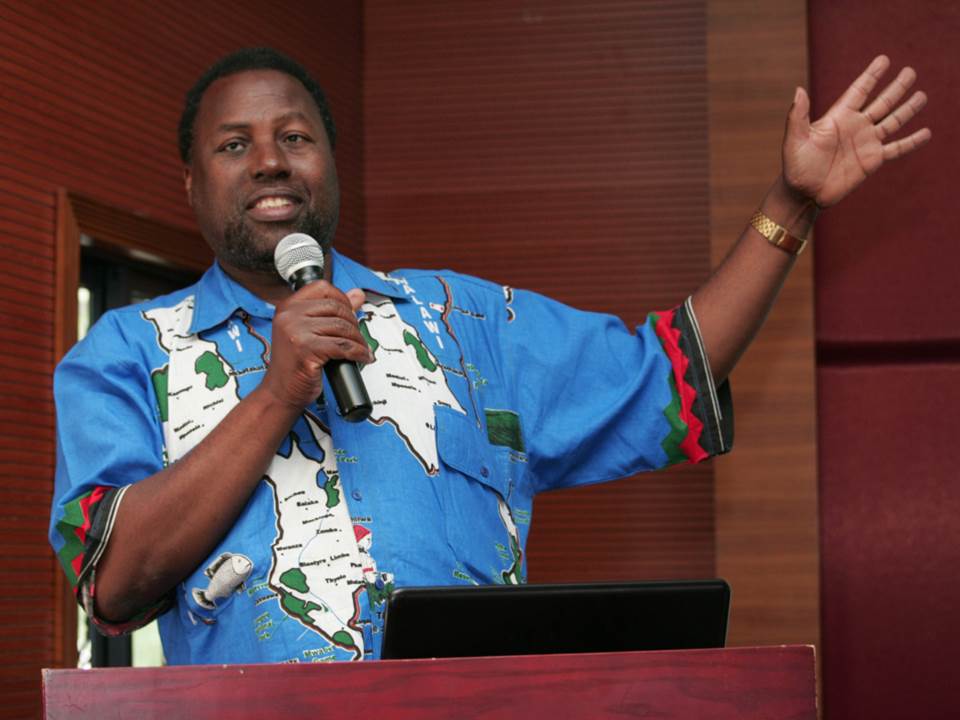Norway to reduce barriers to SRH services
Norwegian Church Aid and DanChurch (NCA/DCA) is implementing a three-year sexual reproductive health rights project, funded by Norway, which aims at reducing teenage pregnancies and gender-based violence (GBV). Our Staff Writer EDWIN NYIRONGO engaged Norwegian Ambassador INGRID MIKELSEN who explained why her country is involved. Excerpts:

What attracted Norway to fund the project?
Norway saw it fit to support this project because it will help to reduce some barriers hindering access to sexual reproductive health (SRH) services, including contraceptives, by adolescent girls, in particular. We believe that if our girls can access these services, we will help them to avoid unintended pregnancies and increase their chances of holding on to jobs, stay in school, exit abusive relationships, and build financial independence. We will avoid almost 20 percent of maternal deaths in Malawi because, according to the Malawi Health Sector Strategic Plan (HSSP3), complications from pregnancy and childbirth are among the leading causes of death among girls aged 15-19 years old, constituting 20 percent of maternal mortality in Malawi, with 14 percent of pregnancies in this age group ending in abortion (MoH, 2020). We will prevent birth-related complications and deaths among adolescent girls.
What is your assessment of the fight against GBV in Malawi?
Despite Malawi advancing in gender equality over the last decade by becoming signatories to global conventions and domesticating some of the international frameworks, the country still ranks at 145/188 on the Gender Inequality Index (GII), reflecting high levels of inequality gaps for women and children. Additionally, violence against women and girls (Vawg) and harmful practices (HPs) remain serious issues to be addressed.
What contribution is Norway making to the global fight against GBV?
In Norway, promoting women’s rights, women’s empowerment and gender-equality has been the key to our economic and sustainable development. Despite some positive strides in addressing gender inequalities including GBV in Malawi, some challenges still persist and ongoing work is much needed to address the gender inequalities. Norway, therefore, through projects such as these, provides technical and financial support towards addressing gender inequalities, including GBV.
What is your take on fears that contraceptives will increase promiscuity among the youth?
We must understand that adolescence is the phase of life between childhood and adulthood, from ages 10 to 19. It is a unique stage of human development and an important time for laying the foundations of good health. Adolescents experience rapid physical, cognitive and psychosocial growth. This is the time adolescents make decisions and if not well-guided, the results are always dangerous. Young people need to be provided with all the information of what is happening in their lives.
How do you deal with religious and cultural norms which are a hindrance to provision of contraceptives to youths?
That is the reason we have this project—to bridge the gap between faith and community leaders towards sexual reproductive health and rights as well as GBV. Religion and culture are integral parts of our societies with the potential to promote cohesion, solidarity and advance the course of different norms. Religion plays a key role in our construction of “gender”, including negative or toxic masculinities and femininities. Evidence also suggests that faith-based actors across different religious groupings are regarded as the most influential social agents of change regarding to SRHR and GBV.
It seems there is only concern for girls and young women in this. Does the project include boys?
Yes, boys are also considered. Take note that the project mainly targets faith and traditional leaders to take action on issues to do with SRHR and GBV. This entails that when these leaders are engaged, they will be able to engage both girls and boys. If we leave out boys, then our fight for reduced teenage pregnancies will not materialise. Our interventions are gender-inclusive.
What role will faith leaders play in the project?
It is to strengthen SRHR with the aim of contributing to the reduction of teenage pregnancies in Malawi. We are expecting the following from faith and community leaders: Play an active role in addressing teenage pregnancies through improved knowledge to empower adolescent girls and young women to make rightful decisions, regarding family planning, challenge contrary opinions which are against provision of SRHR services to youths in line with national SRHR policy, have one voice in ensuring that rightful comprehensive SRHR information is provided to youths.
Your last word?
The fight against teenage pregnancies and early marriages will continue to face challenges if we leave a key player in the game, and that is faith leaders. Just like religious leaders have been instrumental in the HIV and Aids fight, it is high time faith leaders got engaged in SRHR so that sex and sexuality can be discussed in the open and our youths can then make informed decisions.





